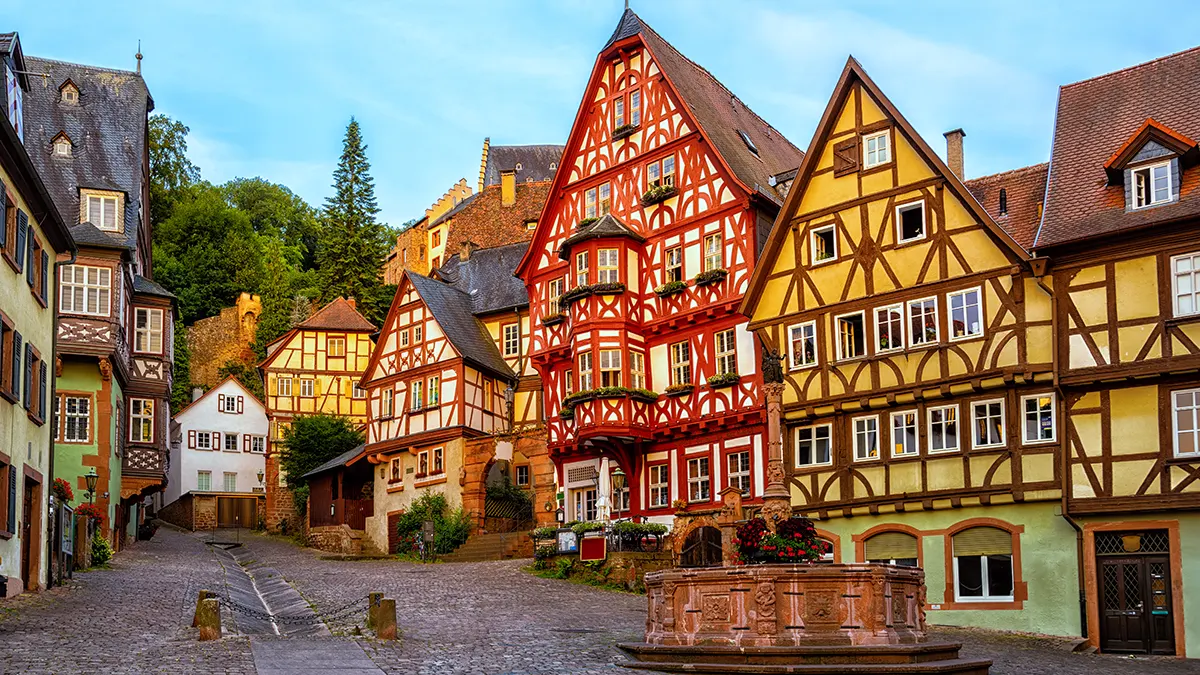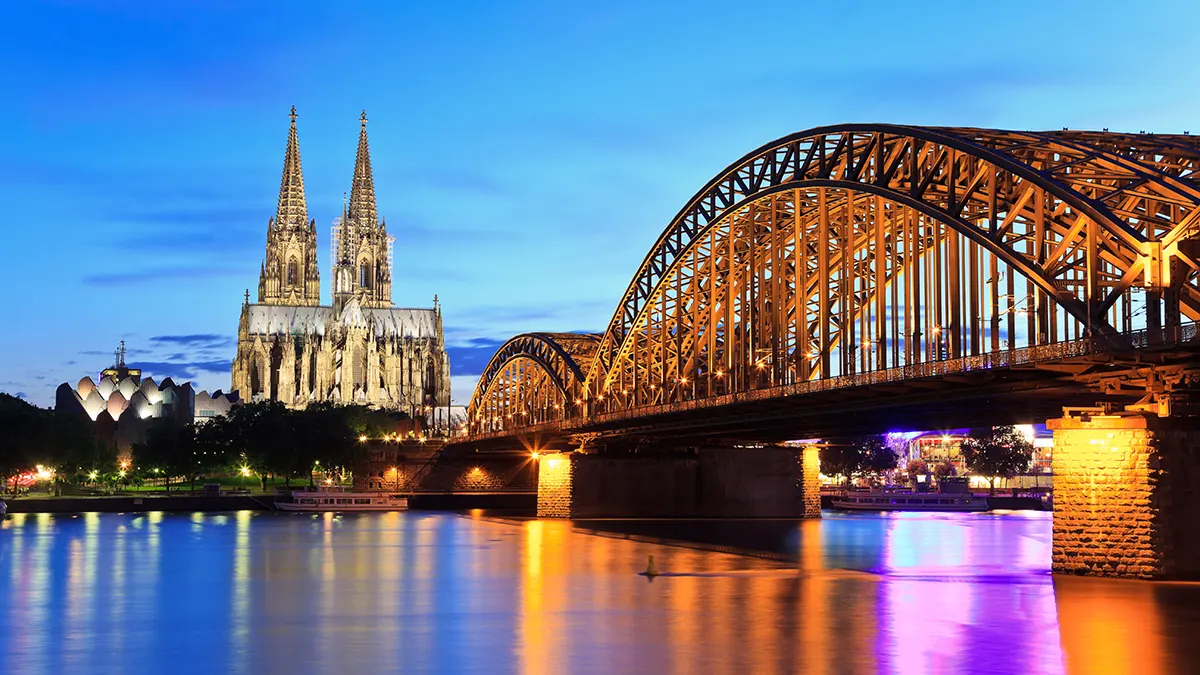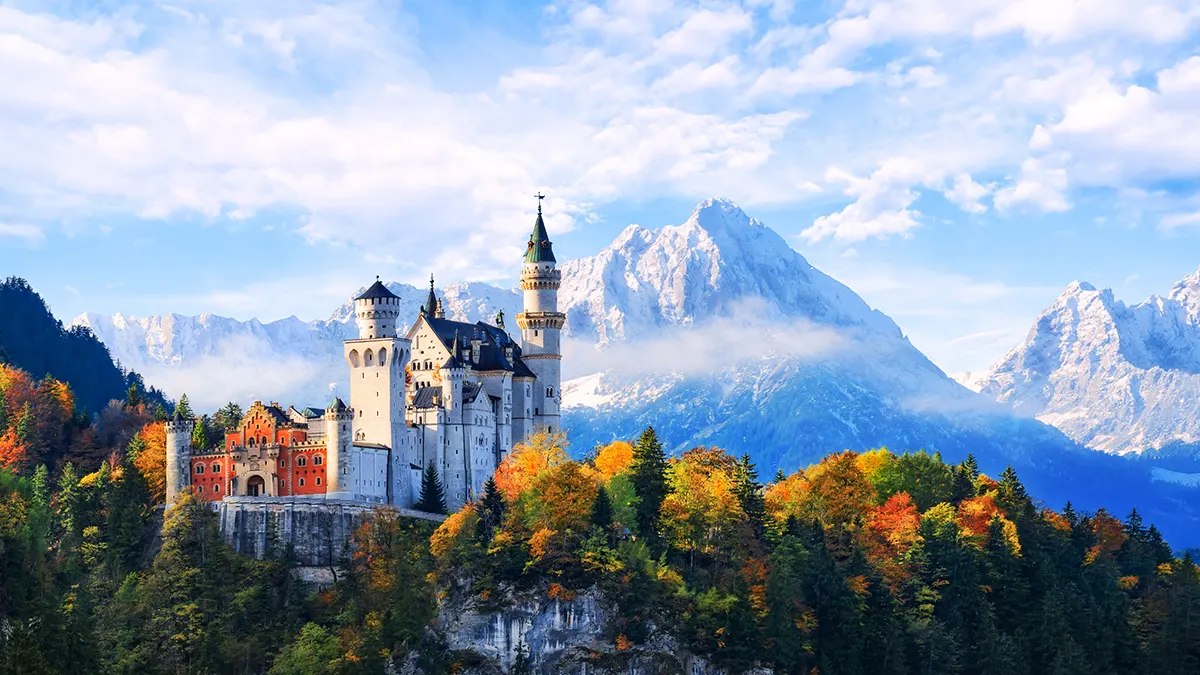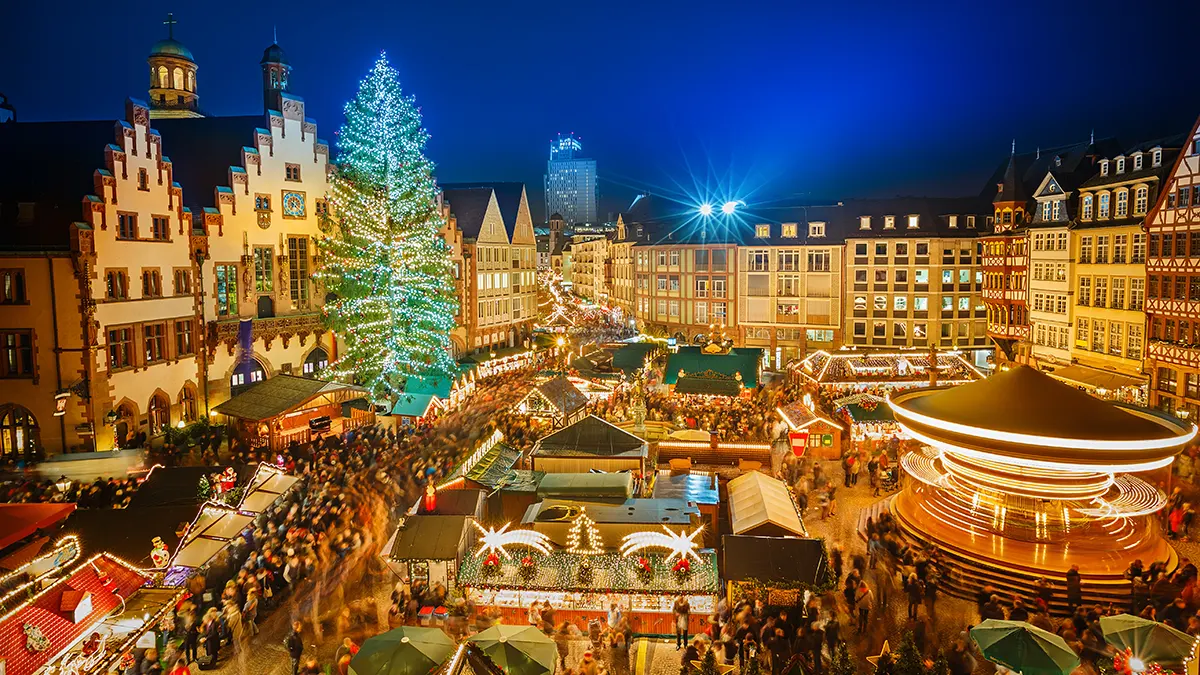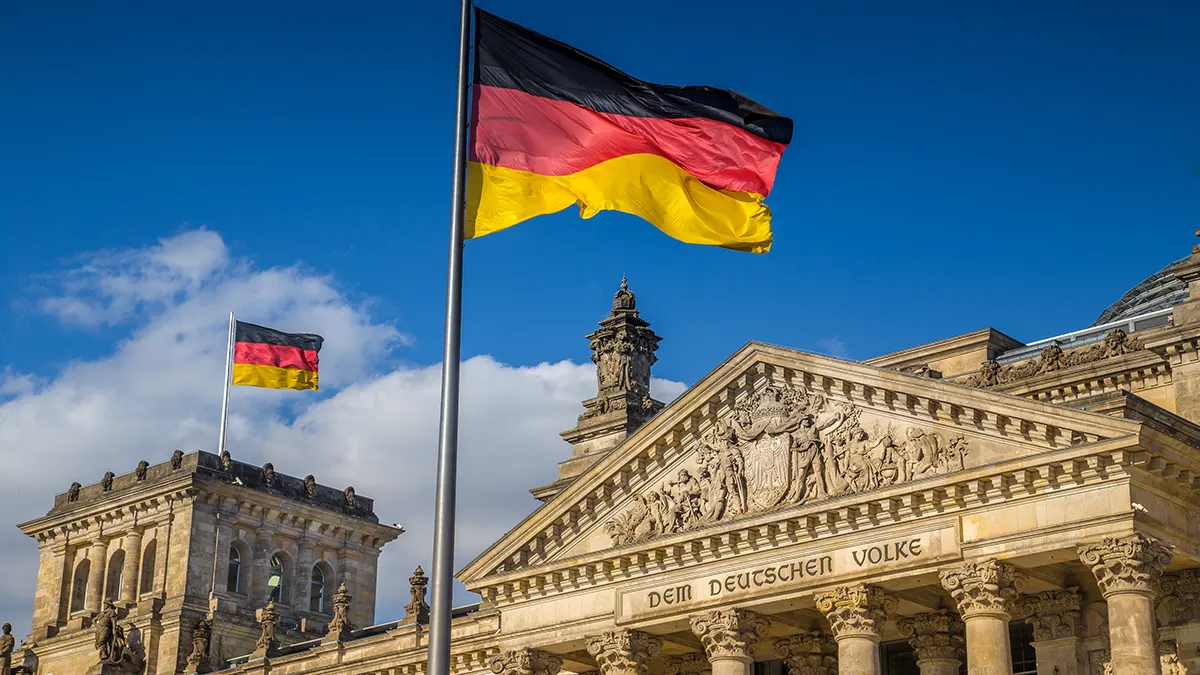ABOUT GERMANY
Germany is a country in the western region of Central Europe. It is the second-most populous country in Europe after Russia, and the most populous member state of the European Union. Germany lies between the Baltic and North Sea to the north and the Alps to the south. Its 16 constituent states have a total population of over 84 million and Germany is seventh largest in area. Germany has been described as a great power with a strong economy; it has the largest economy in Europe. Germany is a member of the United Nations, European Union, NATO, Council of Europe, G7, G20, and OECD.
Climate
Most of Germany has a temperate climate, ranging from oceanic in the north and west to continental in the east and southeast. Winters range from the cold in the Southern Alps to cool and are generally overcast with limited precipitation, while summers can vary from hot and dry to cool and rainy. The northern regions have prevailing westerly winds that bring in moist air from the North Sea, moderating the temperature and increasing precipitation. Conversely, the southeast regions have more extreme temperatures
Cuisine
Something special is available for every occasion and palate - from authentic locally sourced fresh food to high-end Michelin-star cuisine. Traditional German cooking varies in menus and style from one city and region to the next and is great value for money. Its diversity is a result of Germany's history and colorful landscapes, each region having its own traditional food restaurants and delicious homegrown recipes. There is no better way for you to explore Germany and its regions than eating German food and drinking German beers and wines.



